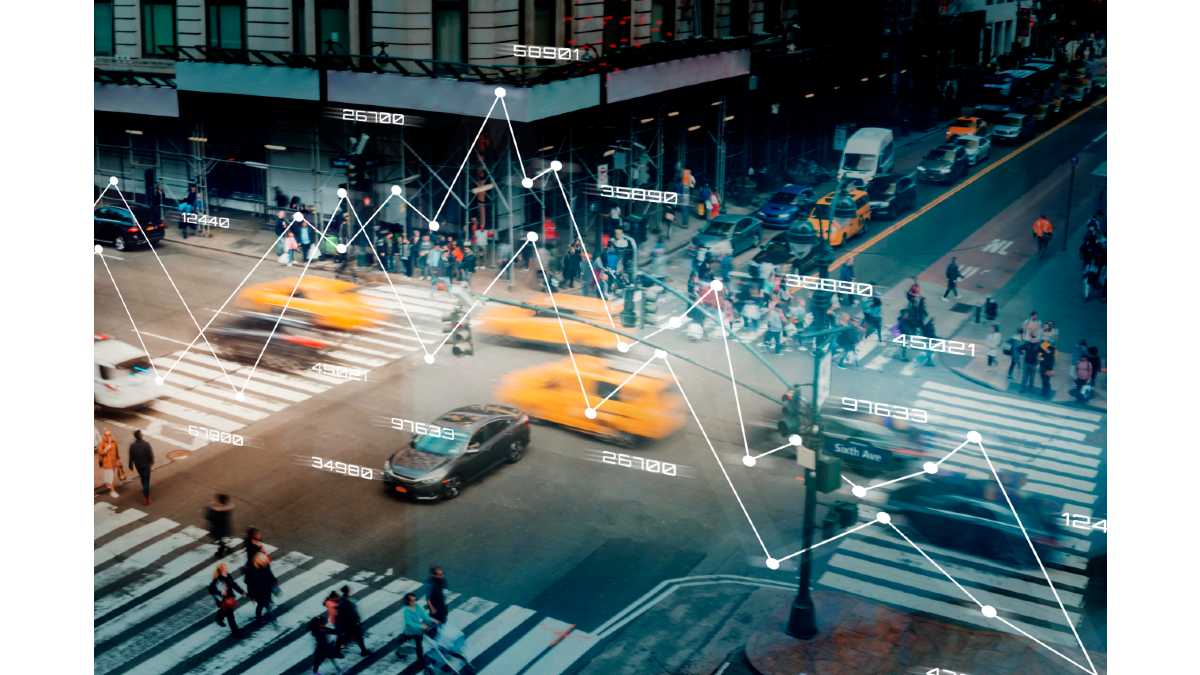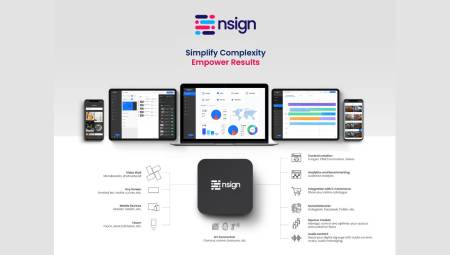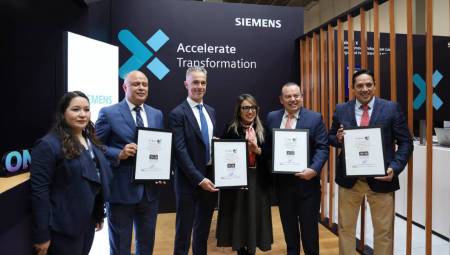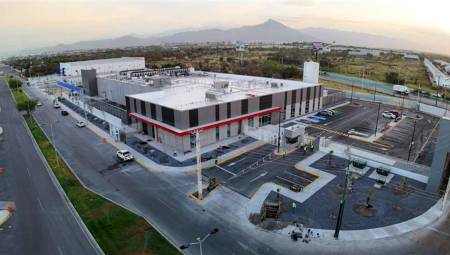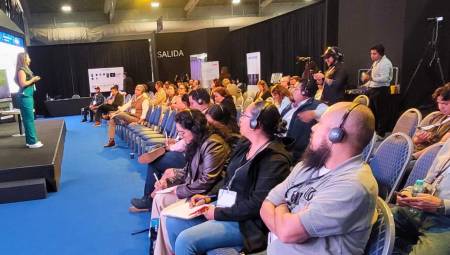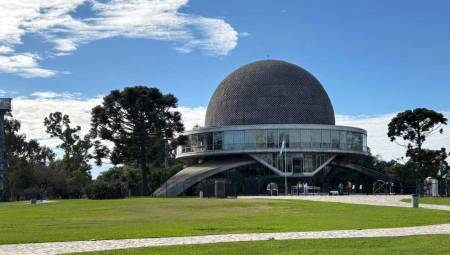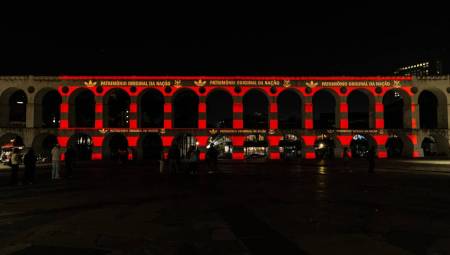Colombia. With the growing adoption of smart technologies around the world, Colombia is positioned as a key player in Latin America, driving the development of cities that not only optimize the daily lives of their citizens, but also face significant challenges in terms of sustainability and safety.
According to Víctor Ruiz Ezpeleta, professor at OBS Business School and author of the OBS Report: Smart Cities, "the incorporation of IoT and AI-driven data analysis is turning cities into more efficient and sustainable spaces that improve quality of life, allowing traffic regulation, energy management and public safety to be regulated".
Globally, smart cities are deploying millions of connected devices, and Ruiz Ezpeleta emphasizes that this exponential growth in the use of technology will bring with it great challenges in data management. "By 2025, the amount of data generated globally will exceed 73 zettabytes, which implies a major challenge in terms of storage and analysis," says the OBS expert. Although the cloud is fundamental in this process, Ruiz Ezpeleta stresses that the current limitations in connectivity in many cities are still holding back its large-scale implementation.
Medellín and Mompox at the forefront in Colombia
In Colombia, Medellín has been a pioneer city in the adoption of smart technologies. Its free connectivity initiative in metro stations, which facilitates more than 80,000 daily connections, is a clear example of how technology can improve the quality of life of citizens. At the national level, cities such as Ibagué and Bucaramanga also stand out in the 2022 Smart Cities Index of the Ministry of Information and Communications Technologies (MinTIC), which assesses the maturity of cities in terms of digital transformation.
On the other hand, Mompox is on track to become the first 100% smart city in the country, with an investment of 20,000 million dollars aimed at improving connectivity, security and tourism development. This ambitious project seeks to reduce the digital divide of its 45,000 inhabitants, transforming the city into a benchmark for technology and sustainability.
Challenges of smart cities, between privacy and cybersecurity
However, the implementation of smart technologies comes with significant risks. Ruiz explains that "the massive installation of cameras, sensors and data collection systems can lead to an invasion of privacy, and there is a risk that mass surveillance will be exploited by governments or companies to control or manipulate the population." In addition, the expert mentions that cyberattacks are a real threat with the potential to paralyze essential services if adequate security measures are not implemented.
Sustainable innovation, the energy and environmental challenge
One of the key points in the development of smart cities is sustainability. According to Ruiz Ezpeleta, water management and the supply of stable electricity are critical aspects that require immediate attention: "One solution would be to accumulate rainwater in buildings for reuse, as buildings with LEED Platinum certifications already do." This, in addition to helping to conserve valuable drinking water, would also contribute to the reduction of CO2 emissions, a particularly serious problem when we take into account that buildings account for 40% of global energy consumption and 36% of CO2 emissions in the European Union.
In Colombia, the National Digital Transformation Policy promotes the development of smart cities, with the support of the MinTIC to local entities for the adoption of innovative technologies that improve governance and the provision of public services.
Future Prospects
Colombia's commitment to the development of smart cities is also reflected in events such as the Smart City Expo Bogotá, which fosters the exchange of knowledge and solutions for urban innovation. This type of initiative positions the country as an emerging leader in the field of smart cities in Latin America, with the aim of improving safety, energy efficiency and the quality of life of its citizens.
In summary, while cities like Medellín and Mompox are leading the digital transformation in Colombia, the path towards the development of smart cities poses both opportunities and challenges. With technology advancing by leaps and bounds, "the priority will be to ensure that its implementation is sustainable, secure and, above all, respectful of the privacy and rights of citizens," concludes Ruiz Ezpeleta.



